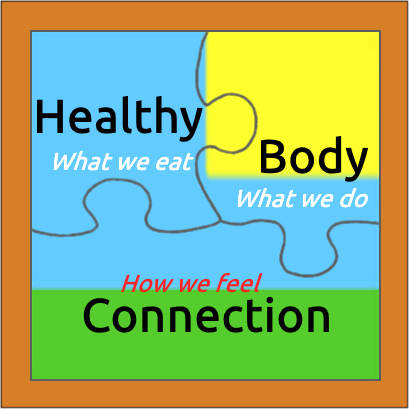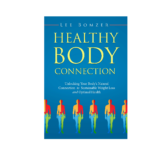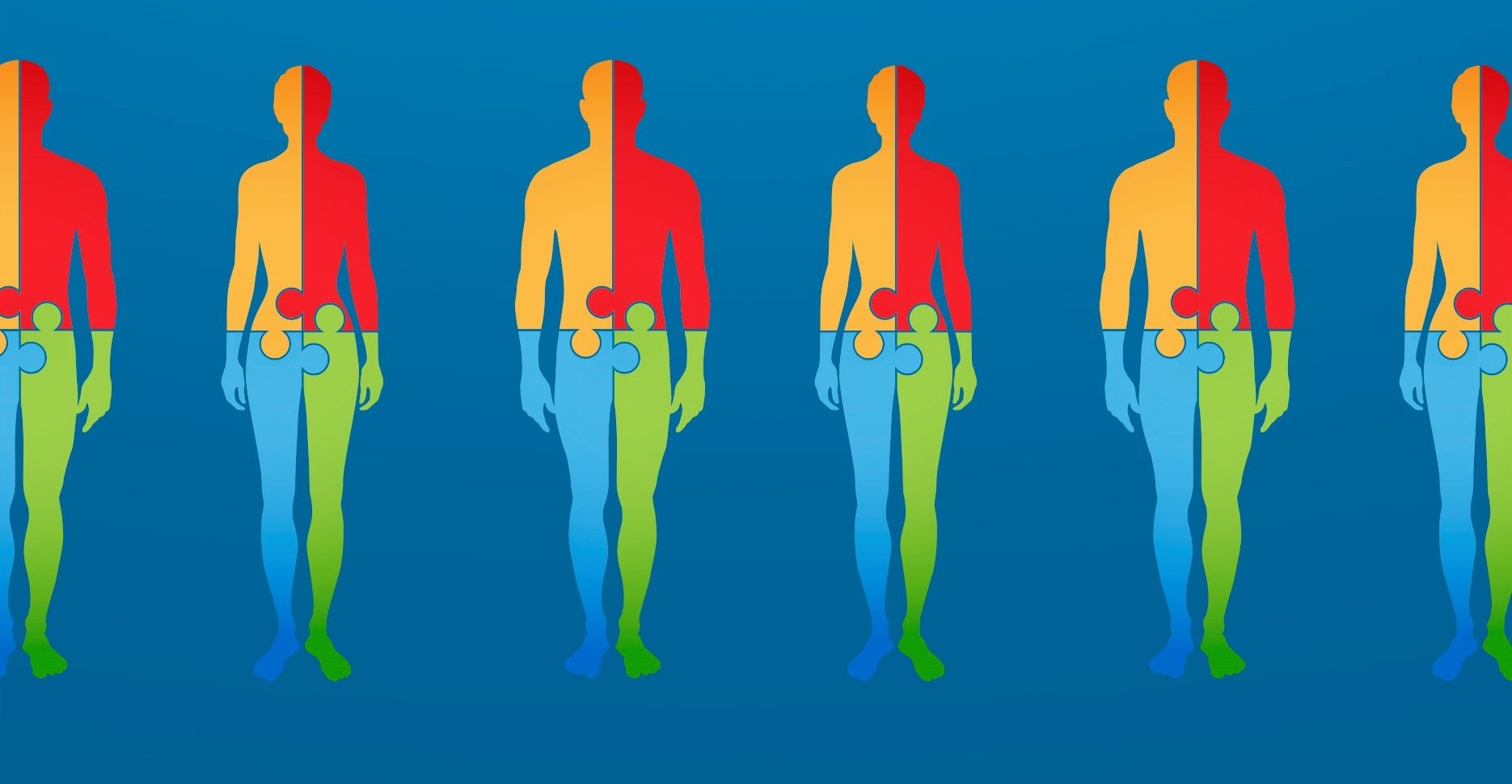
Vitamin D deficiencies are becoming a global concern
More than one source tells us that vitamin D deficiencies are becoming a global concern. This is due to the fact that vitamin D is not abundantly available from natural food sources. While it is found in fatty fish and eggs, we get most of our vitamin D through a chemical reaction which occurs when our skin is exposed to the ultraviolet B rays of the sun.
Nowadays, due to lifestyles and occupations which keep us mainly indoors, and the necessary use of sunscreen to prevent skin cancer, our bodies are not exposed to as much sunlight as they were in the past.
Getting enough Vitamin D is important because, vitamin D deficiency has been linked to many illnesses including: cancer, osteoporosis, autoimmune disease, hypertension, infectious diseases, and depression. A vitamin D 25-Hydroxy, Serum level of 32ng/ml-100ng/ml is considered to fall within the normal range. However, many doctors feel that range is to wide and to avoid disease, optimal serum levels should fall between 50ng/ml and 80ng/ml.
The best vitamin D supplement to take is vitamin D3 because it’s identical to the form of vitamin D produced by the body. I personally take 4000 IU of vitamin D3 daily, on the advice of my physician.
Possible Side Effects
Most people don’t experience any side effects to a vitamin D supplement. However, taking too much vitamin D can cause side effects which include:
- Excessive thirst
- Metallic taste in mouth
- Loss of appetite
- Weight loss
- Bone pain
- Tiredness
- Sore eyes
- Itchiness
- Vomiting
- Diarrhea
- Constipation
- Frequent urination
- Muscle pains
- Weakness
- Dry mouth
Ask your doctor for the correct dose for you
Before taking any new supplements or medications, always check with your doctor for the correct dosage and to make sure there will be no adverse interactions with any other medications or supplements which you may already be taking.
People who have the following conditions should not take vitamin D unless under the direction of their physician:
- High blood calcium or phosphorous levels
- Kidney disease
- Atherosclerosis
- Sarcoidosis
- Histoplasmosis
- Hyperparathyroidism
- Lymphoma
- Tuberculosis
Possible interactions:
Vitamin D may interact adversely with several medications, including:
- Atorvastatin (Lipitor)
- Calcipotriene (Dovonex)
- Calcium channel blockers, such as: Nifedipine (Procardia), Verapamil (Calan, Covera, Isopin, verelan), Nicardipine (Cardene), Diltiazem (Cardizem, Dilacor, Tiazac) and Amlodipine (Norvasc)
- Digoxin (Lanoxin)
- Estrogen
- Isoniazid
- Water pills, such as: Thiazide, Chlorothiazide (Diuril), Hydrochlorothiazide, (HydroDiuril, Esidrix, Indapamide (Lozol), Metolazone (Zaroxolyn), and Chlorthialidone (Hygroton)
- Antacids
I hope you found this post to be informative. If you found value in the information that I’ve shared here, please like and share on social media. As always, feel free to leave me questions or comments below. I love hearing from you.
Have a beautiful day!
Lee
P.S. If you’d like more information about some supplements to ask your doctor about, check out my new book Healthy Body Connection: Unlocking Your Body’s Natural Connection to Sustainable Weight Loss and Optimal Health
Now available on Amazon and at Barnes & Noble




